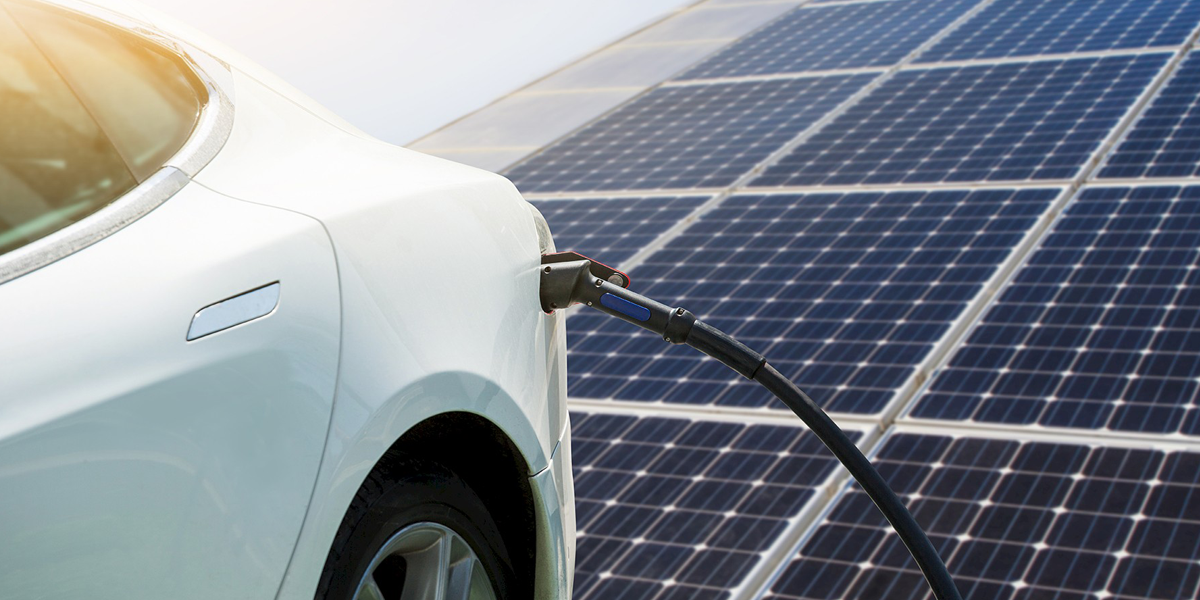- Admin
- Jul 01, 2024
- Buying Guides
- Read: Small Medium Large
Why Use Solar Panels to Charge an EV
1. Clean Energy: Solar panels harness sunlight to generate
electricity. By connecting your home's solar PV system to an EV
charger, you can directly charge your vehicle's battery using clean,
renewable energy. This reduces your reliance on electricity generated
from fossil fuels.
2. Environmental Impact: Charging your EV with solar power significantly lowers your carbon footprint. It's like driving on sunshine! 🌱☀️
3. Cost Savings:
Although the initial investment in solar panels can be substantial, the
long-term benefits are worth considering. Over time, you'll save money
on electricity bills and reduce operating costs for your EV.
How Many Solar Panels Do You Need?
The
number of solar panels required depends on factors like your location,
panel efficiency, and daily energy consumption. Here's a rough estimate:
1. Calculate Your Energy Needs:
Determine how much energy your EV consumes daily. For instance, if your
car needs 30 kWh per day, you'll want to generate at least that much
from solar panels.
2. Panel Efficiency: Solar panels vary
in efficiency. A typical panel generates around 250 watts. Divide your
daily energy requirement by the panel's wattage to find the number of
panels needed.
3. Sunlight Hours: Consider the average
sunlight hours in your area. Multiply the panel output by the hours of
sunlight to get the daily energy production.
4. Account for Efficiency Loss: Panels don't operate at peak efficiency all the time. Factor in losses due to shading, temperature, and other variables.
Remember,
it's essential to consult with a solar professional to tailor the
system to your specific needs. They'll assess your roof space,
orientation, and other factors to optimize your solar setup.
Safety and Installation Considerations
1. Electrical System: Ensure
your home's electrical system can handle the additional load from both
the EV charger and solar panels. Upgrading wiring may be necessary.
2. Permits and Regulations: Check local regulations and obtain necessary permits for solar panel installation.
3. Orientation and Tilt: Properly orient the panels to maximize sunlight exposure. The ideal tilt angle depends on your latitude.
4. Battery Storage: Consider adding a battery storage system to store excess solar energy for nighttime charging.
In
summary, solar-powered EV charging offers environmental benefits, cost
savings, and a greener driving experience. So, go ahead—charge your EV
with sunshine! ☀️🔌🚙.




